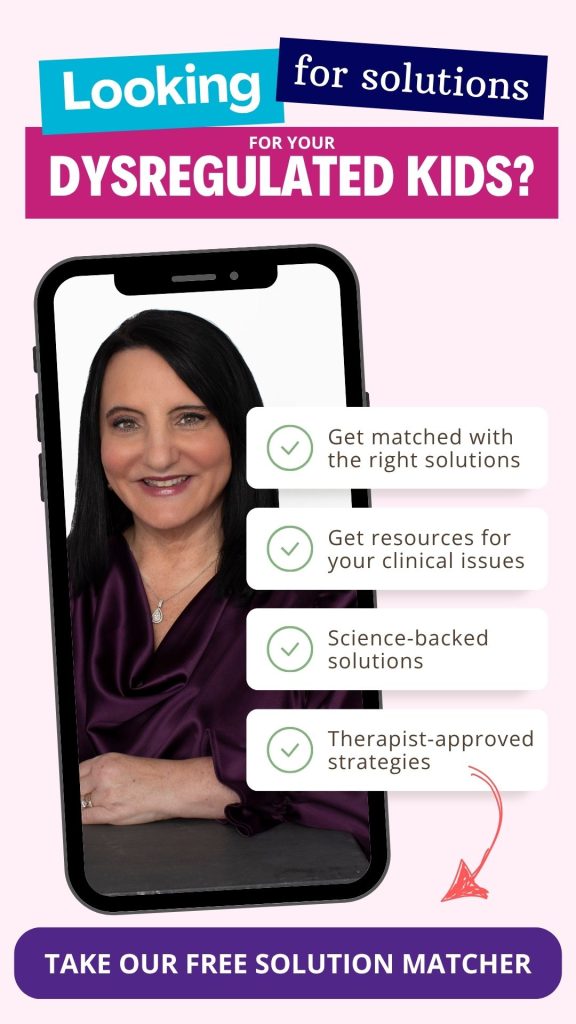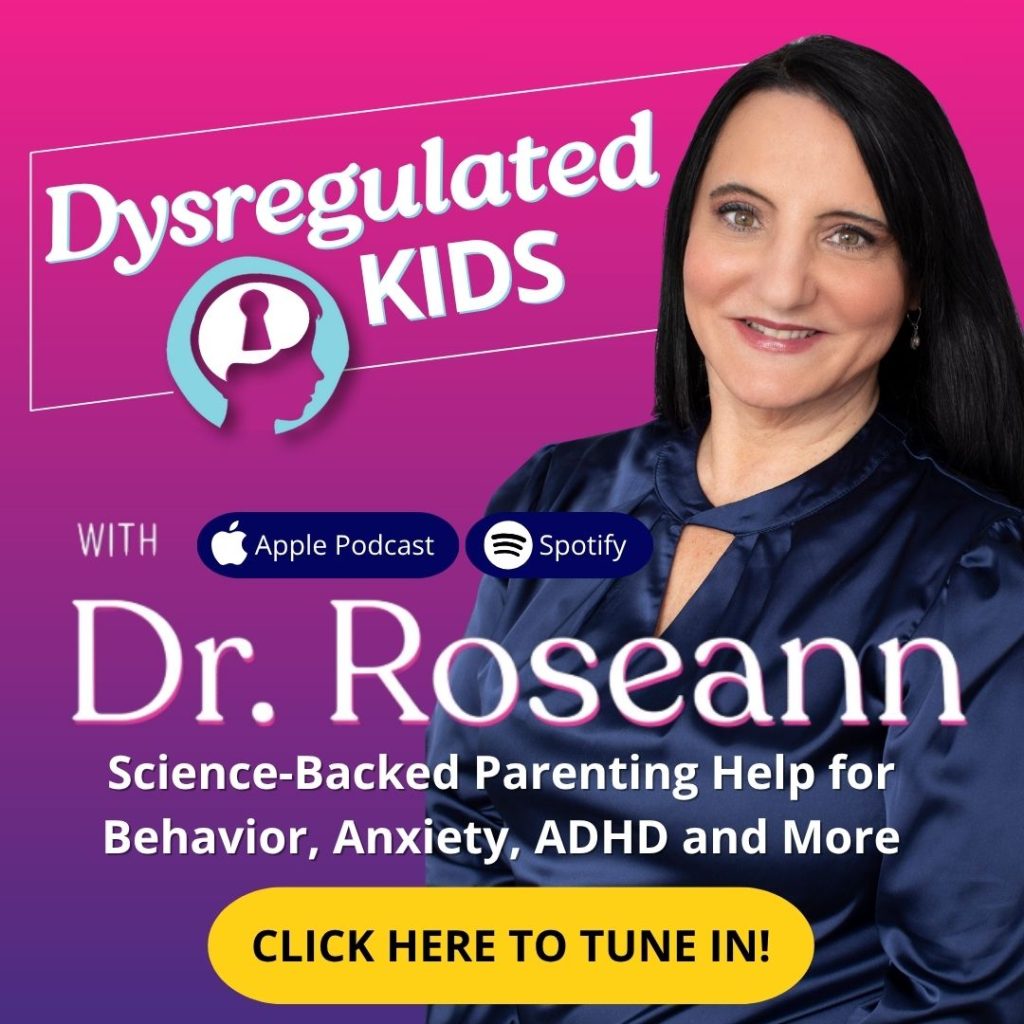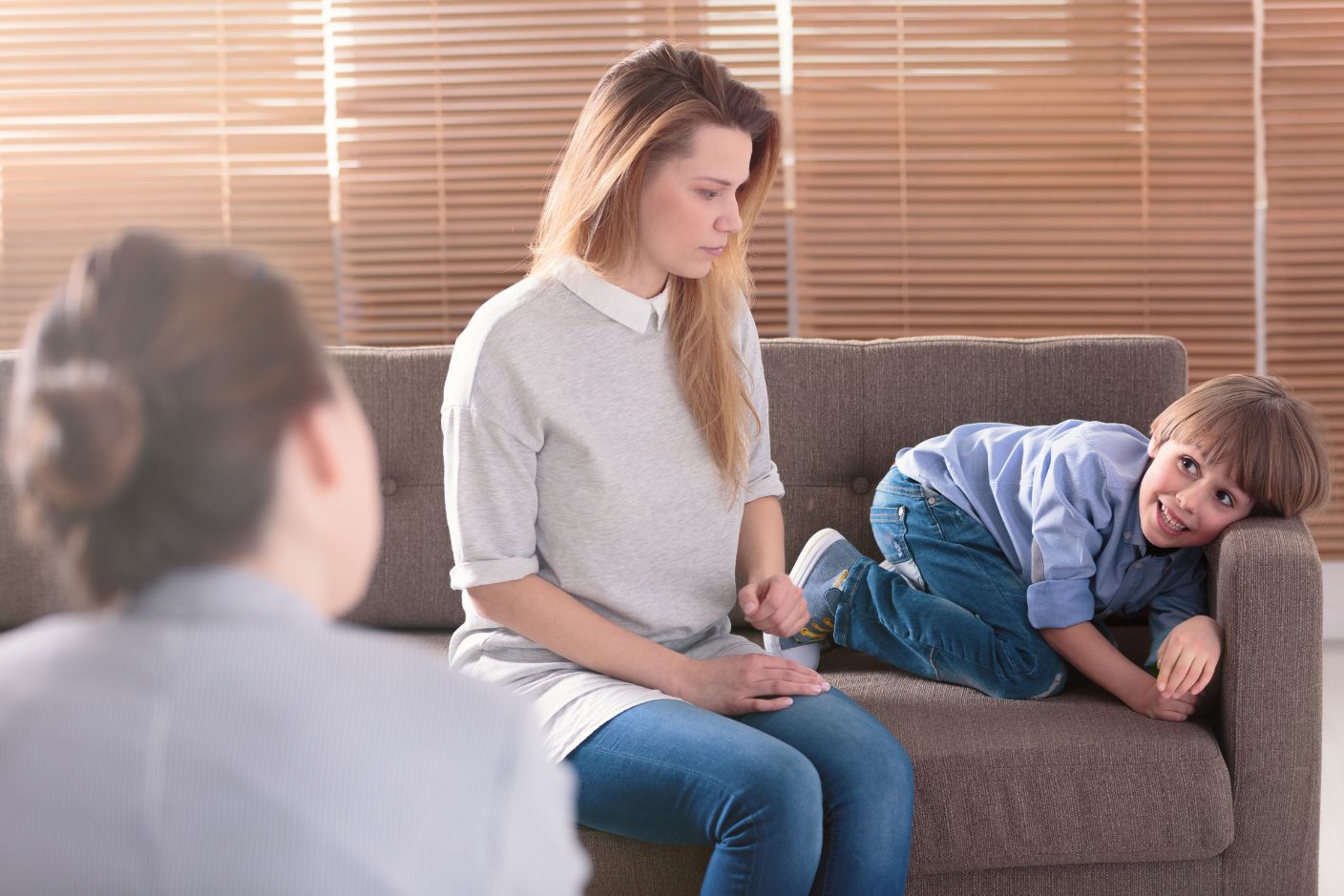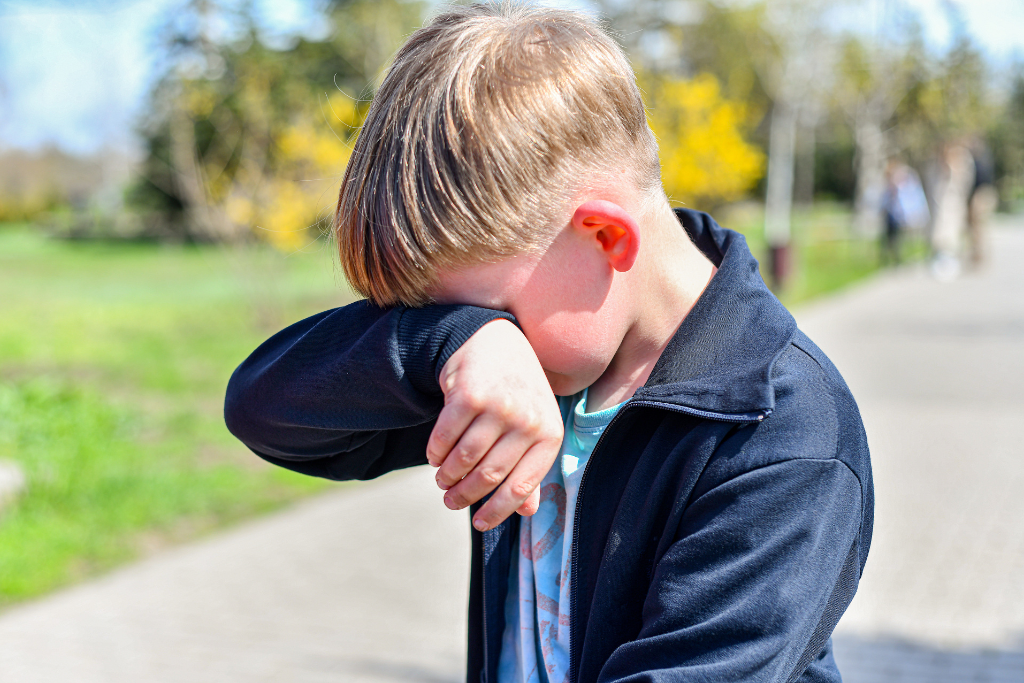
Ever wondered what's really fueling your child's emotional meltdowns? As a parent, it can feel bewildering and overwhelming to witness these intense emotional outbursts. There are often hidden brain-based reasons behind children’s meltdowns and exploring how brain dysregulation plays a significant role in these challenging moments can help parents and kids regulate.
Understanding Emotional Meltdowns
First, let’s define emotional meltdown. An emotional meltdown is more than just a tantrum; it’s a total loss of control over one’s emotions, often triggered by overwhelming circumstances that cause the nervous system to dysregulate. Understanding these episodes is crucial because they can stem from various factors, not just clinical issues like anxiety or ADHD. Kids are unique, and so are their triggers for having meltdowns.

1. Sensory Overload
One of the most common triggers for meltdown occurring is sensory overload. Imagine being in a crowded school hallway filled with loud noises, strong smells, and bustling students. For some children, this environment can be incredibly overwhelming.
They may struggle to modulate sensory information, leading to a meltdown. It's essential to recognize that what seems ordinary to adults can be an emotional minefield for children. If your child is overwhelmed by sensory input, it can lead to a total meltdown.
2. Emotional Overload
Some children feel emotions more intensely than others. If your child is one of those who feels everything deeply, they may experience emotional overload throughout the day. When these feelings accumulate without a healthy outlet, it can build up and eventually explode in a public meltdown.
It’s fascinating yet critical to note that sometimes the trigger for a meltdown isn’t immediate; it can stem from events that occurred hours or even days before. This delay can leave parents feeling confused about the cause of their child's emotional reaction.
3. Cognitive Overload
Cognitive overload is particularly common among children with learning challenges, such as ADHD. When a child is constantly pushing their mental limits, their emotional cup can overflow.
For instance, a child who has been masking their struggles at school might suddenly break down when faced with an additional task. They may appear calm until the moment they can’t take it anymore, leading to a meltdown. It’s vital for parents to recognize when their child is nearing this cognitive limit.
4. Physical Fatigue
Physical fatigue is another significant contributor to emotional dysregulation. Kids with conditions like PANDAS or anxiety disorders often experience fatigue due to their overactive nervous systems. When exhausted, they are less likely to cope with challenges effectively, increasing the risk of having meltdowns. Ensuring your child gets adequate rest can be crucial in preventing these intense emotional episodes.
5. Hunger and Thirst
Don’t underestimate the impact of hunger and thirst on emotional regulation. Restrictive eating patterns, such as Avoidant/Restrictive Food Intake Disorder (ARFID), can lead to significant emotional challenges. If your child is not getting enough nutrients or hydration, it can heighten their emotional responses.
As parents, to the best of our ability, we must ensure our children are nourished and hydrated to help manage their emotional states effectively. It isn’t always easy when you have a picky or restrictive eater, but start with one small change.
6. Stress and Anxiety
Stress and anxiety are prevalent triggers for emotional meltdowns. Children with anticipatory anxiety may become overwhelmed by the thought of upcoming events, leading to explosive behavior. Often, these kids are mislabelled as oppositional or defiant when, in reality, their meltdowns are rooted in anxiety. Understanding this connection can help parents respond more compassionately and effectively.
7. Transitions
Transitions can be incredibly stressful for many kids, especially those with attention issues or learning difficulties. Moving from one activity to another requires mental and emotional adjustment, which can be challenging. Preparing your child for transitions and reducing unnecessary changes in routine can help mitigate the risk of meltdowns.
8. Lack of Communication Skills
When kids struggle to express their feelings, it can lead to frustration and emotional outbursts. This is particularly true for older children and teenagers who may excel academically yet lack the emotional vocabulary to articulate their frustrations. Helping your child develop communication skills can significantly reduce the likelihood of a meltdown or public meltdown.
9. Unfamiliar or Unpredictable Events
Many children, especially those who are neurodivergent, thrive on predictability and routine. Unfamiliar situations or changes in their environment can lead to anxiety and, consequently, emotional meltdowns. Preparing them for upcoming events, discussing what to expect, and providing reassurance can help ease their anxiety and prevent meltdowns.
10. Tech Overload
Finally, let’s talk about tech overload. In our tech-driven world, excessive screen time can lead to emotional dysregulation. Kids often struggle to transition away from screens, leading to meltdowns when asked to do so. Establishing tech-free times and boundaries around screen use can help manage this issue.
Co-Regulation: A Critical Strategy to Reducing Emotional Meltdowns
Parents always ask me, “What can we do to help our children navigate these emotional meltdowns?”
Co-regulation is a powerful tool. This involves parents or caregivers helping children manage their emotions by remaining calm and providing support. When we are regulated ourselves, we can better assist our children in regulating their emotions. This creates a safe space for them to express their feelings without fear of judgment or punishment.
If you’re looking for more strategies to help your child manage their emotions, I invite you to check out my resource on 147 strategies to regulate emotions. These tools can be invaluable in supporting your child's emotional development.

Other Fun Activities to Support Emotional Regulation in Kids
To help your child manage emotional meltdowns, engaging in emotional regulation activities can make a significant difference. These activities provide a fun and effective way to teach your child how to recognize and control their emotions in challenging situations.
Below are 11 activities that can support your child’s emotional development and help them navigate their feelings more calmly.

Empower Your Parenting by Understanding Emotional Meltdowns
Understanding the hidden causes of emotional meltdowns can empower you as a parent. By recognizing sensory overload, emotional and cognitive fatigue, and the importance of communication, we can better support our children through their most challenging moments. Remember, you are not alone on this journey, and with the right tools and support, your child can learn to navigate their emotions more effectively.
Remember, you are not alone on this journey. There are resources, professionals, and communities ready to support you every step of the way. Let’s continue to foster a deeper understanding of our children’s emotional needs and create a nurturing environment where they can thrive.
FAQs
How to tell if a child is dysregulated?
A dysregulated child may show big emotions, sudden meltdowns, irritability, or shutting down. Physical cues like quick breathing, tense shoulders, or restlessness are also signs that their nervous system is overwhelmed—not misbehaving.
How can I tell the difference between a tantrum and an emotional meltdown?
Tantrums are goal-driven (“I want that toy!”) and stop once the goal is met. Emotional meltdowns come from neurological overwhelm and continue even when the child gets what they want.
Does brain dysregulation go away?
With consistent support like neurofeedback, lifestyle changes, and emotional coaching, many kids show long-term improvements in self-regulation.
Should I discipline during a meltdown?
No. Wait until your child is calm before discussing behavior. During a meltdown, their brain can’t process reasoning or consequences.
Can diet affect emotional regulation?
Yes. Research shows that stable blood sugar, omega-3 fatty acids, and nutrient-rich foods improve focus and mood stability in children.
Citations
Chervonsky, E., & Hunt, C. (2019). Emotion regulation, mental health, and social wellbeing in a young adolescent sample: A concurrent and longitudinal investigation. Emotion, 19(2), 270-282. https://pubmed.ncbi.nlm.nih.gov/29697988/
Paulus, F. W., Ohmann, S., Möhler, E., Plener, P., & Popow, C. (2021). Emotional Dysregulation in Children and Adolescents With Psychiatric Disorders. A Narrative Review. Frontiers in psychiatry, 12, 628252. https://doi.org/10.3389/fpsyt.2021.628252
Dr. Roseann is a mental health expert in Self-Regulation who frequently is in the media:
- Healthline Understanding Self-Regulation Skills
- Scary Mommy What Is Self-Regulation In Children, And How Can You Help Improve It?
- The Warrior Parent Podcast It's Gonna Be OK! Changing Behaviors and Responses (And The Magic of Magnesium)In Your Family with Dr. Roseann Capanna-Hodge
Always remember… “Calm Brain, Happy Family™”
Disclaimer: This article is not intended to give health advice and it is recommended to consult with a physician before beginning any new wellness regime. *The effectiveness of diagnosis and treatment vary by patient and condition. Dr. Roseann Capanna-Hodge, LLC does not guarantee certain results.
Are you looking for SOLUTIONS for your struggling child or teen?
Dr. Roseann and her team are all about science-backed solutions, so you are in the right place!

©Roseann Capanna-Hodge

%20.png)















